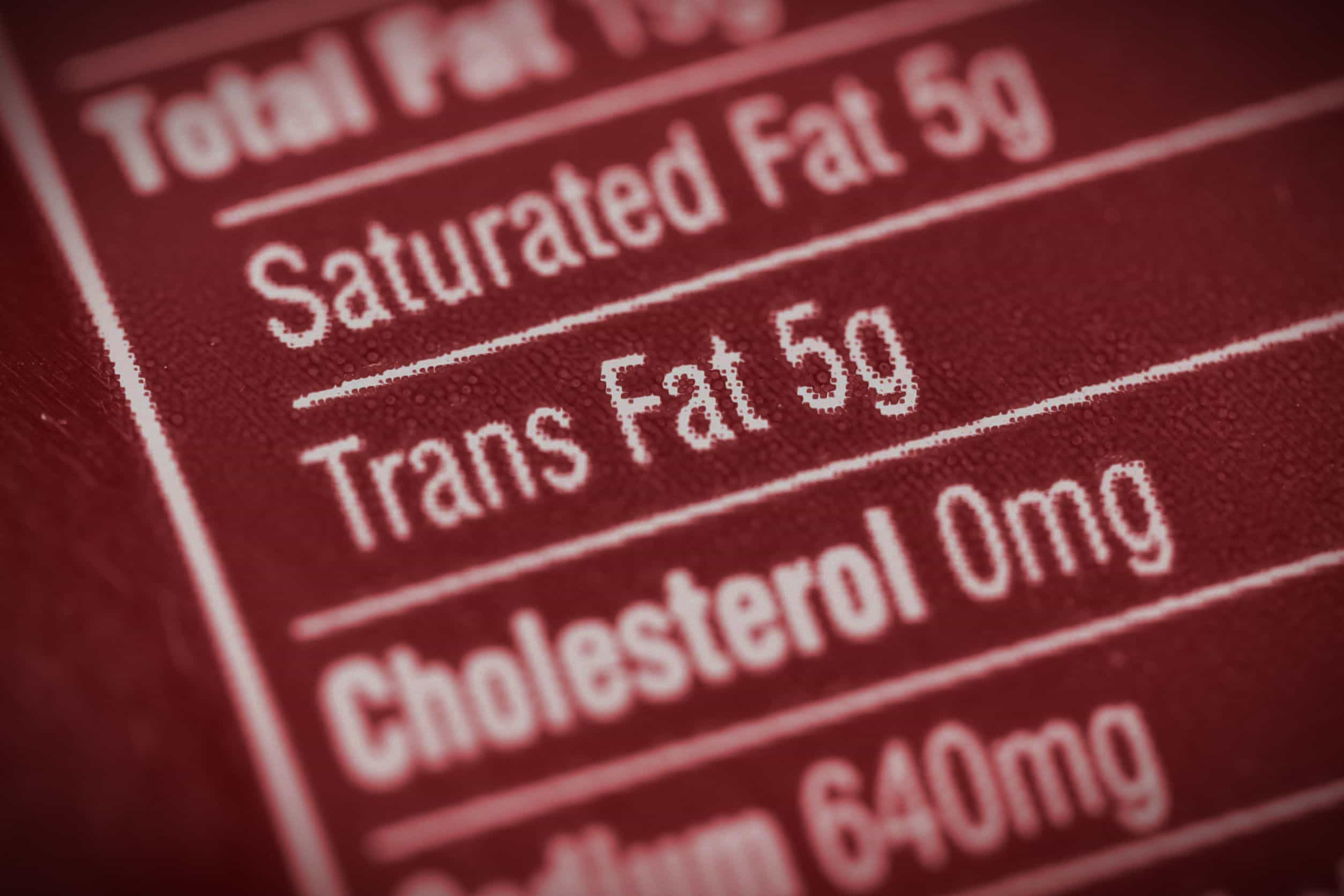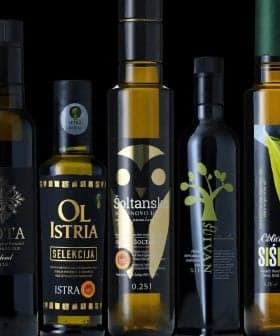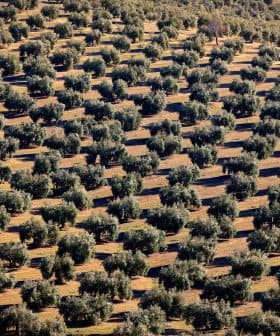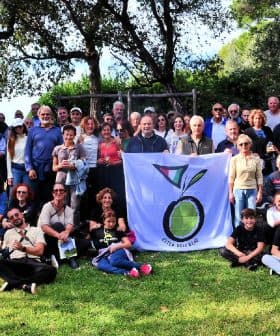Europe Limits Use of Trans Fats in Foods

The European Commission has implemented a new regulation prohibiting foods with industrial trans fat content exceeding two percent from being sold in the EU market, with the aim of reducing the risk of heart disease associated with trans fats. This measure aligns with the World Health Organization’s initiative to eliminate industrially-produced trans fats by 2023 and has already been implemented in several countries outside of the EU.
Foods with an industrial trans fat content of more than two percent can no longer be placed on the European Union market, according to a new regulation from the European Commission.
Trans fats – or trans fatty acids – are unsaturated fats with carbon-carbon double bonds. They are usually a byproduct of partially hydrogenating vegetable and fish oils and naturally occur in food such as dairy and some cow, goat and sheep meat.
Trans fat intake is responsible for approximately 500,000 premature deaths from coronary heart disease each year around the world.
“They are widely recognized as the most harmful type of dietary fat on a per weight basis and their detrimental effect on heart disease is no longer disputed,” the European Heart Network (EHN) wrote in a 2015 paper.
According to the Brussels-based organization, trans fats increase the risk of heart disease by about 25 percent for every two percent of energy consumption that comes from them.
See Also:Health News“In other words, every extra gram of trans fatty acids consumed per day will increase the risk of heart attack or heart disease by about five percent,” the EHN said.
Commission Regulation 2019/649 came into force on April 1 and does not apply to food with naturally occurring trans fats. The new measures will primarily affect margarine, packaged snack foods and pastries.
According to the European Public Health Alliance (EPHA), the new regulation should be considered a first step for the 27-member bloc. The measure partially complies with the World Health Organization (WHO) REPLACE initiative to eliminate industrially-produced trans fats by 2023.
“Trans fat intake is responsible for approximately 500,000 premature deaths from coronary heart disease each year around the world,” the WHO said.
Assitol, the Association of the Italian Olive Oil Industry, said that the new regulation is unlikely to harm the industry as most products that contain olive oil, such as some seasonings and salad dressings, are already below the two percent limit.
“These results are the fruit of the self-regulation code that Assitol has promoted within the European Union involving the major producers in the sector,” Giuseppe Allocca, president of the seasoning department of Assitol, told Il Mattino.
In its plan, the WHO also dedicated a whole chapter to trans fats alternatives for food producers. The supra-governmental organization said that olive oil and peanut oil are among the healthiest choices but are also more expensive. The WHO added that high-oleic rapeseed, soy or sunflower oils are less healthy but more economical alternatives.
Several countries in the E.U. have already moved ahead with the regulation to limit the presence of trans fats in the processed food.
Similar initiatives have been taken in California, Canada, New York, Switzerland and Thailand.
Many countries in Asia and Africa lag behind when it comes to trans fats replacement.









